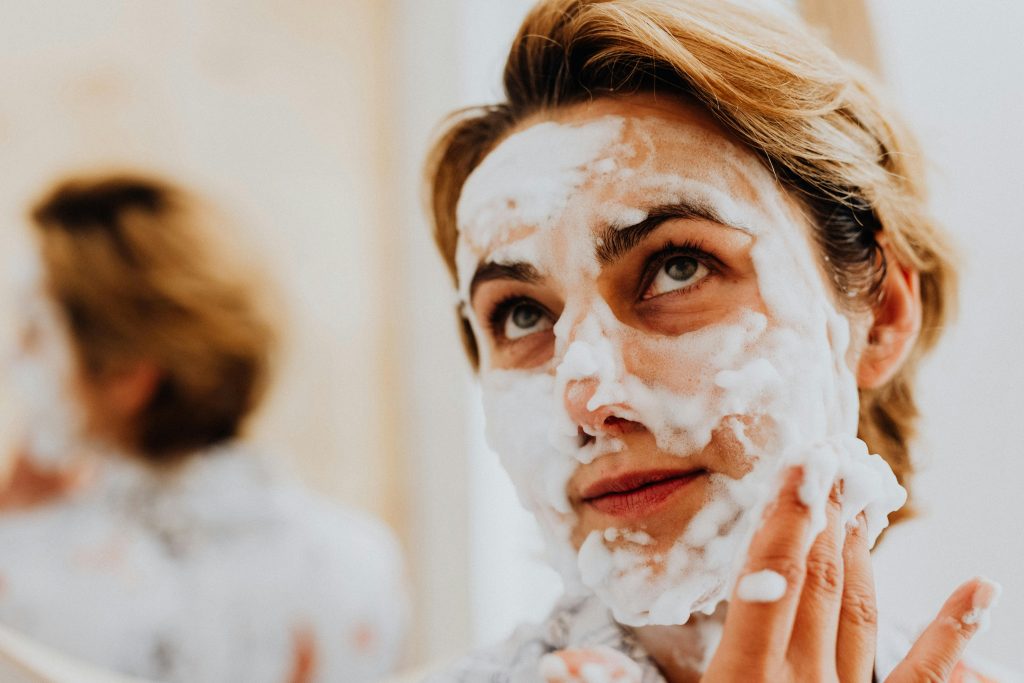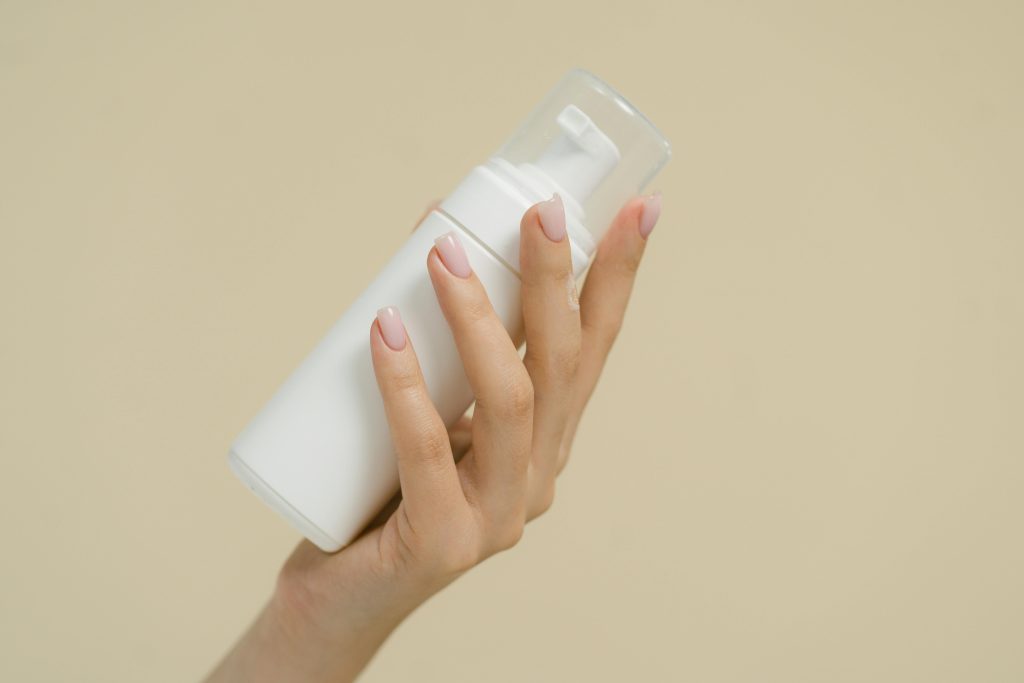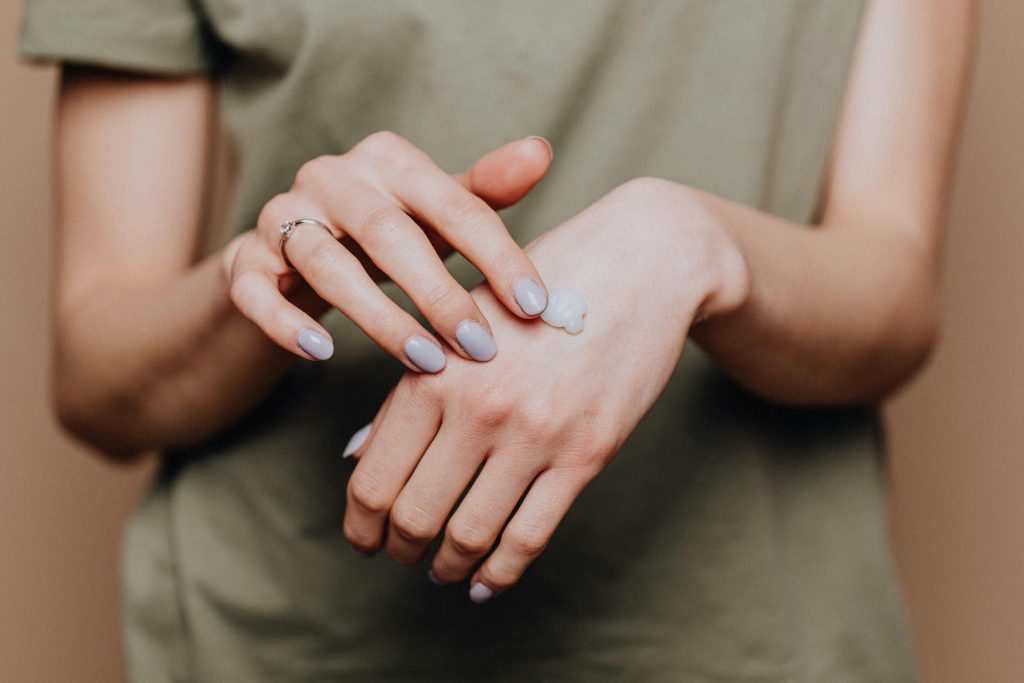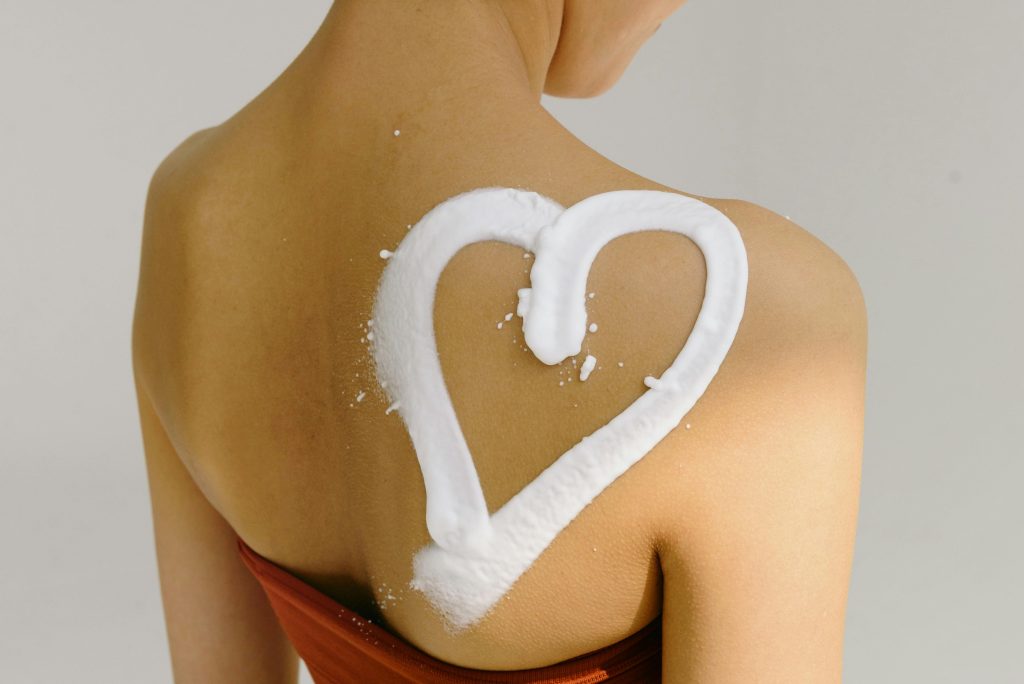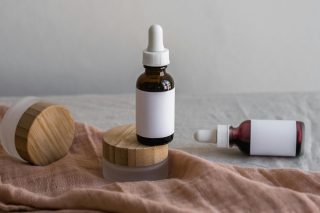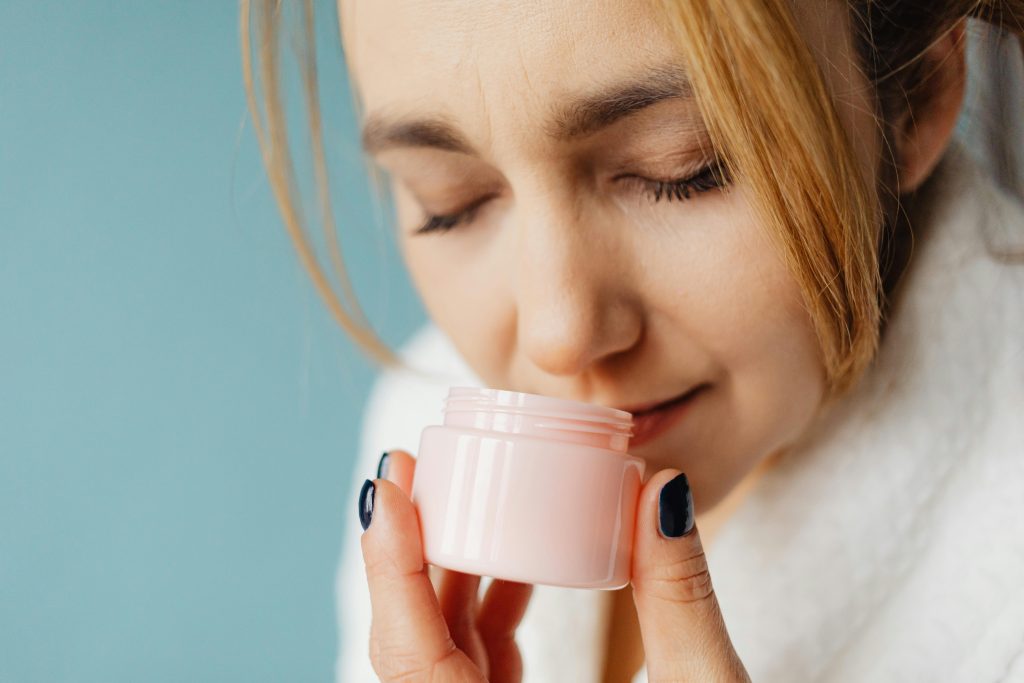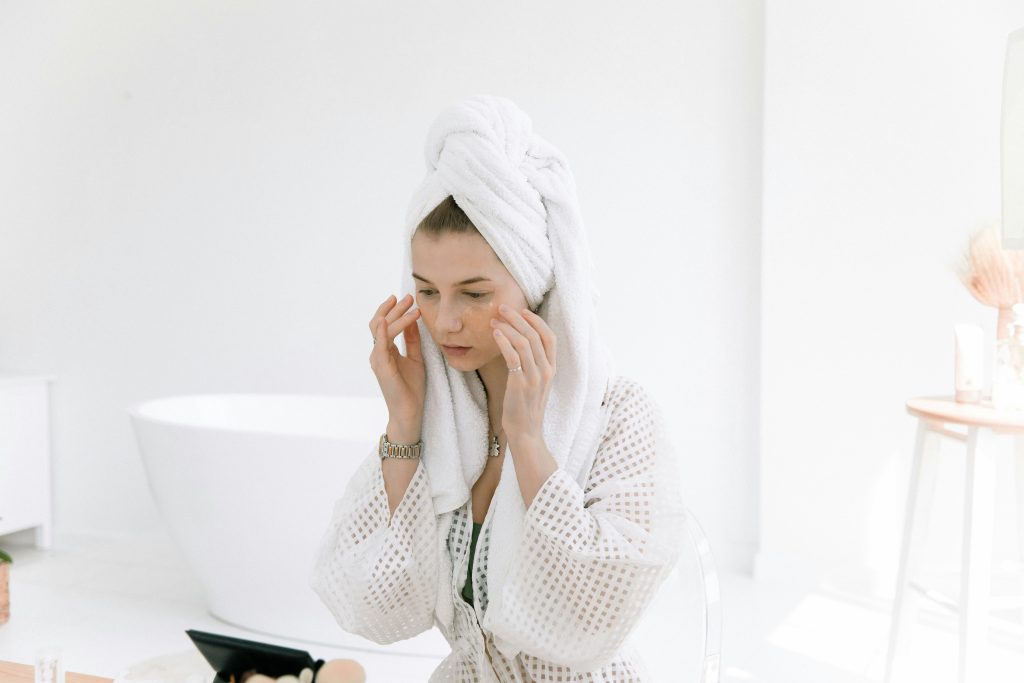
As an Amazon Affiliate, I earn a commission for the products linked bellow
Eczema and Skincare: What Works and What Doesn’t
Eczema can be a frustrating skin condition, often characterized by red, itchy, and inflamed patches.
Managing eczema requires a well-thought-out skincare routine and an understanding of which products help or harm your skin.
In this guide, we’ll break down the best practices for eczema care and the common mistakes to avoid.
What Is Eczema?
Eczema, or atopic dermatitis, is a chronic skin condition that causes inflammation and irritation.
It often appears as dry, flaky, and itchy patches on the skin and can range from mild to severe.
Common Symptoms
🔸 Red, inflamed skin
🔸 Dryness and flakiness
🔸 Intense itching
🔸 Cracked or rough patches
🔸 Blisters or oozing in severe cases
Skincare That Works for Eczema
Managing eczema starts with understanding which skincare ingredients and practices help soothe and protect the skin barrier.
🔷 Use Gentle, Fragrance-Free Cleansers
Harsh soaps can strip the skin of moisture, exacerbating eczema symptoms. Opt for fragrance-free and hypoallergenic cleansers.
Recommended Product: Cetaphil Gentle Skin Cleanser, a non-irritating formula ideal for sensitive and eczema-prone skin.
🔷 Moisturize, Moisturize, Moisturize
Moisturizing helps maintain the skin barrier and prevents dryness. Choose thick, fragrance-free creams or ointments.
Look for Ingredients like: Ceramides, glycerin, hyaluronic acid, and petrolatum.
Recommended Product: CeraVe Moisturizing Cream, rich in ceramides and hyaluronic acid to restore the skin barrier.
🔷 Incorporate Soothing Ingredients
Ingredients like colloidal oatmeal and aloe vera help reduce inflammation and itching.
Recommended Product: Aveeno Eczema Therapy Cream, which contains colloidal oatmeal to calm irritation.
🔷 Opt for Short, Lukewarm Showers
Hot water can worsen eczema symptoms. Stick to lukewarm showers and limit them to 10–15 minutes.
🔷 Apply Moisturizer Right After Showering
The best time to lock in moisture is right after bathing, when your skin is still damp.
Skincare That Doesn’t Work for Eczema
🔶 Fragranced and Alcohol-Based Products
Fragrance and alcohol can trigger flare-ups and irritate sensitive skin. Always check labels and choose fragrance-free options.
🔶 Harsh Exfoliants
Scrubs and chemical exfoliants (like AHAs and BHAs) can irritate and inflame eczema-prone skin. Instead, focus on gentle cleansing.
🔶 Essential Oils
While they may seem natural and beneficial, essential oils can cause allergic reactions and worsen eczema. Avoid tea tree oil, peppermint oil, and other potentially irritating oils.
🔶 Detergents and Fabric Softeners
Laundry products with harsh chemicals can leave residues that irritate your skin. Use hypoallergenic detergents instead.
🔶 Overuse of Steroid Creams
While corticosteroid creams are effective for flare-ups, long-term use can thin the skin. Use only as prescribed by a dermatologist.
Lifestyle Tips for Managing Eczema
✅ Wear Soft, Breathable Fabrics
Cotton and other natural fabrics are less likely to irritate the skin compared to wool or synthetic materials.
✅ Manage Stress
Stress can trigger eczema flare-ups. Practice stress management techniques like meditation or light exercise.
✅ Stay Hydrated
Drinking enough water helps maintain skin hydration from the inside out.
✅ Avoid Common Triggers
🔸 Pollen and pet dander
🔸 Stress and lack of sleep
🔸 Certain foods (like dairy and gluten in some cases)
🔸 Changes in weather (especially cold, dry air)
When to See a Dermatologist
If your eczema symptoms worsen despite following a skincare routine, or if you notice signs of infection (like oozing or increased redness), consult a dermatologist.
They can prescribe topical or oral medications tailored to your needs.
FAQs
- Can diet affect eczema?
Yes, for some people, certain foods can trigger eczema flare-ups. Common culprits include dairy, gluten, and nuts.
- Are natural remedies safe for eczema?
Not always. Some natural ingredients, like essential oils, can worsen eczema. Always patch-test new products.
- Should I avoid makeup if I have eczema?
Not necessarily. Opt for fragrance-free, hypoallergenic, and non-comedogenic products. Always remove makeup gently at the end of the day.
- Is eczema curable?
There is no cure, but symptoms can be managed with proper skincare and lifestyle changes.
- Can I use sunscreen if I have eczema?
Yes, choose a mineral sunscreen with zinc oxide or titanium dioxide, as they are less likely to cause irritation.
Final Thoughts
Managing eczema is a balance between using the right skincare products and avoiding potential irritants.
By sticking to gentle, hydrating products and steering clear of harsh ingredients, you can keep flare-ups under control and maintain healthier skin.

